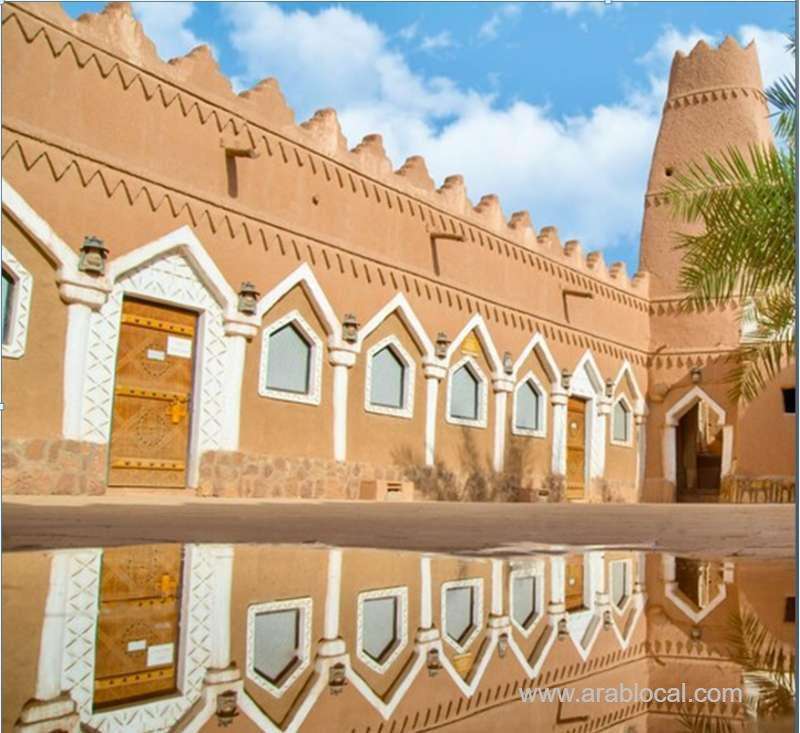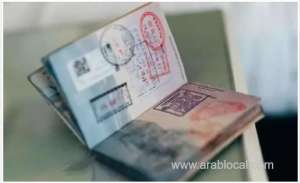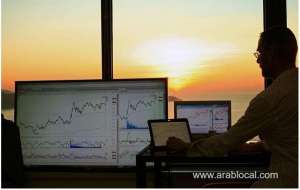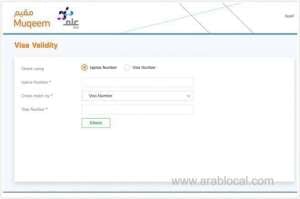Global markets will pivot between periods of calm and instability many times in a year. Investors are often encouraged to ‘sit through’ these periods or buy the dips. However, in recent times, some investors are beginning to look beyond traditional Western stock exchanges in search of stability, diversification, and new growth opportunities. One region gaining significant attention is that of the Gulf Cooperation Council (GCC), where a combination of strong energy revenues, government-backed economic reform, and financial sector modernization is creating new avenues for regional and international traders.
For traders based in the Gulf, or others seeking exposure to GCC economies, regional stock markets like Tadawul (Saudi Arabia), DFM (Dubai), and ADX (Abu Dhabi) may now appear to be more critical components of a diversified investment strategy. These exchanges are benefitting from both domestic reforms and a global shift in capital flows toward emerging markets with stronger fiscal positions and growing tech and infrastructure sectors.
Why Regional Exposure Makes Sense Now
The economic transformation plans of Gulf countries, such as Saudi Arabia’s Vision 2030, or the UAE’s economic diversification initiatives, are having big impacts on the investment landscape. Their most relevant sectors include renewable energy, logistics, fintech, and real estate, which are seeing increased foreign and institutional interest, not just from neighboring regions but from Asia, Europe, and North America.
GCC markets have historically shown a lower correlation with Western markets, making them appealing for diversification during periods of global uncertainty. Strong oil and gas revenues continue to support sovereign wealth funds and public investment vehicles, allowing governments in the region to sustain growth and fund infrastructure, even amid global macroeconomic pressures. Thus, with the USA's stock market having recently been at its lowest since early 2020, other regions may now be afforded an opportunity for greater exposure.
Trading Access and CFD Considerations
Accessing Gulf equities has become easier for international traders due to recent regulatory changes and increased availability of online platforms. However, these markets aren’t without their nuances. Not all regional equities are listed in ways that make direct foreign ownership possible, which is where derivatives can play a role.
For example, traders can now access Gulf-based instruments through platforms offering CFD stocks, allowing exposure to share price movements without actually taking physical ownership. This can be an option for international investors seeking flexibility and lower capital requirements. It's essential, however, for traders to understand the margin requirements and counterparty obligations that accompany such instruments, as leverage increases both potential returns and risks.
Regulatory Oversight and Risk Considerations
Gulf regulators, particularly the Capital Market Authority (CMA) in Saudi Arabia and the Securities and Commodities Authority (SCA) in the UAE, have made notable progress in aligning regional financial markets with international standards and practices. This includes improvements in transparency, corporate governance, and investor protections. Still, differences remain where more established Western markets have found alignment, and due diligence is critical.
Investors and traders should evaluate whether their brokerage is licensed to operate in the region and whether it complies with relevant local and international regulations. Taxation, capital controls, and trading hours can also differ significantly and should be factored into any regional strategy.
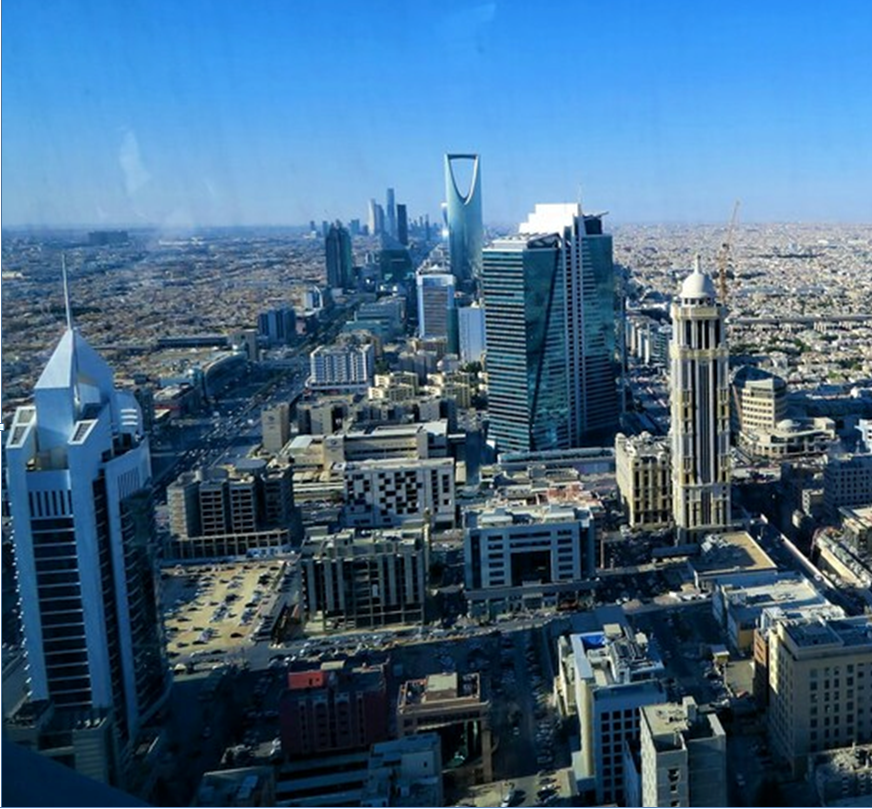
Source: Unsplash
For those seeking a more diversified portfolio or looking to align with long-term growth trends in the Middle East, GCC stock markets present a viable opportunity, despite the occasional complexities of entering the market. From direct equity investments to derivative instruments like CFDs, there are multiple routes to access a region which clearly will be a major player in global economics for decades to come. Success in trading Gulf markets depends not just on identifying the right assets, but also on understanding the unique structural and regulatory elements at play within its borders.
The information provided does not constitute investment research. It has not been prepared in accordance with legal requirements designed to promote the independence of investment research and should therefore be considered a marketing communication.
All information has been prepared by ActivTrades ("AT"). The information does not contain a record of AT's prices, nor an offer or solicitation for a transaction in any financial instrument. No representation or warranty is given as to the accuracy or completeness of this information.
Any material provided does not take into account the specific investment objective and financial situation of any person who may receive it. Past performance is not a reliable indicator of future performance. AT provides an execution-only service. Therefore, any person acting on the information provided does so at their own risk.
